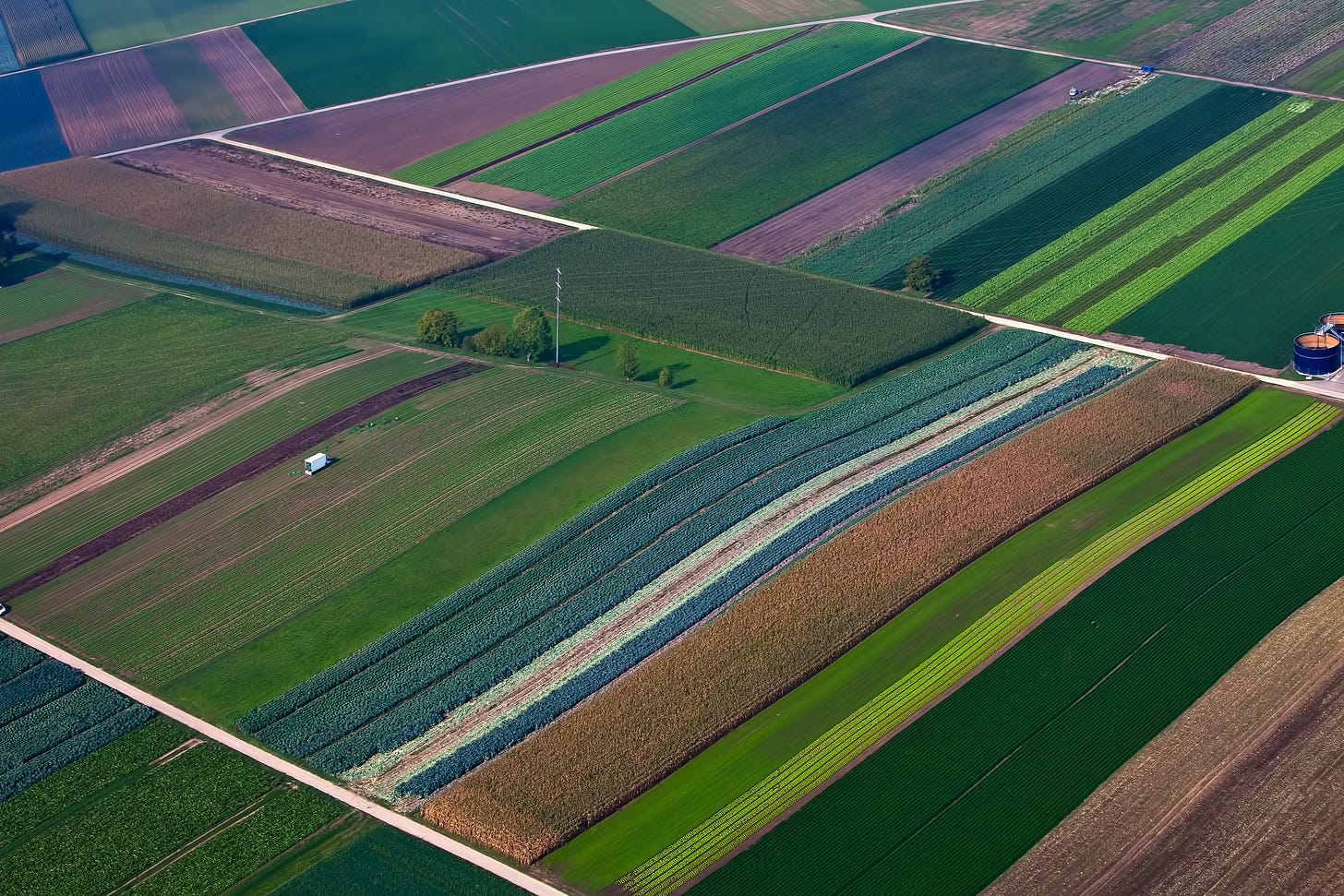The Role of Artificial Intelligence in the Field of Environmental Sustainability
By Femi Kehinde*
(Source: Unsplash | Ricardo Gomez Angel)
Environmental issues have sparked debates, discussions, awareness programmes and public outrage in recent years that have influenced interest in new technologies, including artificial intelligence (AI). Artificial intelligence has applications in a wide variety of environmental sectors, including natural resource conservation, wildlife protection, energy management, clean energy, waste management, pollution and agriculture.
A green product is defined as one that contributes less to environmental problems than a normal product. This difference is due to the ecological properties of its materials, manufacturing processes, sales processes, disposal/recycling processes or product functionality (e.g., low energy consumption).
Numerous studies report a positive effect of a product's perceived ecological sustainability on consumer purchase intention. Due to this effect, environmental sustainability tends to increase the profitability of a company, although it is often associated with higher costs. As a result, many companies today strive to improve the environmental sustainability of their products to obtain marketing advantages and increase their profitability. In recent years, the digital transformation of social practices, business models and products has aroused the interest of professionals, scientists and the public. The growing interest in environmental sustainability has led engineers to use new digital technologies such as AI to improve the environmental performance of products.
The push for a more technological world also means that millions of electronic devices are discarded without going through a proper disposal system. Billions of dollars are wasted each year due to improper disposal of used parts of electronic devices and equipment. To alleviate this problem, companies like Apple use recycled or alternative materials that have a low harmful impact on the environment. Large companies can use AI for environmental sustainability along with green hardware to reduce garbage accumulation. With the proper techniques, discarded equipment can be re-manufactured and reused, saving a company millions of dollars in the manufacturing of new products.
AI can give products the ability to alleviate environmental problems through autonomous actions. For example, companies have developed AI-enhanced robots that autonomously clean houses (e.g., floors, grills, carpets, kitchens), neighbourhoods, cities, ponds, lakes and rivers to remove garbage, pollutants, microplastics and oil. Other companies are developing robots to monitor the health of plants and invasive species, such as snakes or fish.
Robots and AI routines that facilitate agricultural sustainability can help improve food production and processes. Take the cases of Awhere and FarmShots, both US-based companies, using machine learning algorithms in conjunction with satellites to predict weather, analyse crop sustainability and assess farms for diseases and pests. Adaptive irrigation systems, in which the land is automatically irrigated using AI systems based on data collected from the soil through sensors, are also popular with farmers due to their important role in water management.
AI routines that automate evaluations of the environmental impact of products and countries can help optimise energy consumption and distribution. For example, the installation of smart grids in cities can use AI technology to regulate and control parts of the neighbourhood electrical network in such a way that it supplies exactly the amount of electricity that families need or request, compared to the use of conventional ones. Similarly, vehicles that optimise routes and driving styles can help reduce their carbon dioxide emissions. Many organisations have made significant efforts to develop ‘planet-friendly’ AI systems. For example, Google's DeepMind AI has helped the company reduce the power consumption of its data centre by 40 percent, make it more energy efficient and reduce overall greenhouse gas emissions.
AI-enabled green sustainability can help companies create new competitive advantages and market their offerings to consumers more effectively. With the increasing demand for automation solutions and high precision data studies for environmental problems and challenges, more multinationals, educational institutions and governmental organisation need to fund more research and development of such technologies and provide appropriate standardisations for their manufacture and use. It is also necessary to attract more technologists and developers to this technology. AI is increasingly becoming a part of our daily lives, and its effects can be seen in advances in environmental science and management.
*Femi Kehinde is a highly qualified brand and marketing specialist with a master’s degree in marketing and business management from the University of Wollongong, Dubai. She has a demonstrated history of working in the marketing and communications industry, enjoys creative problem solving and getting exposure to multiple projects, and is skilled at developing marketing strategies, brand management and business development research. With her combined interests in seeking knowledge and communication, Femi brings a unique understanding and messaging to the organisations she has served, such as Nestlè, Legoland, Emirates Green Building Council, Enyo Oil and Gas and Rite Foods.
Upcoming Event
A Conversation with Women in AI
Tuesday - 12th October 2021 @ 15.00 CEST / 16.00 EAT
Please mark your calendars! Join a conversation with #women in #AI on
12th October: 15.00 - 16.00 CEST / 16.00 - 17.00 EAT during #womenintechweek21.
Come and hear about their work, AI #ethics, AI & Gender #Inclusion and more! Register here on Eventbrite .
Register here on Eventbrite




